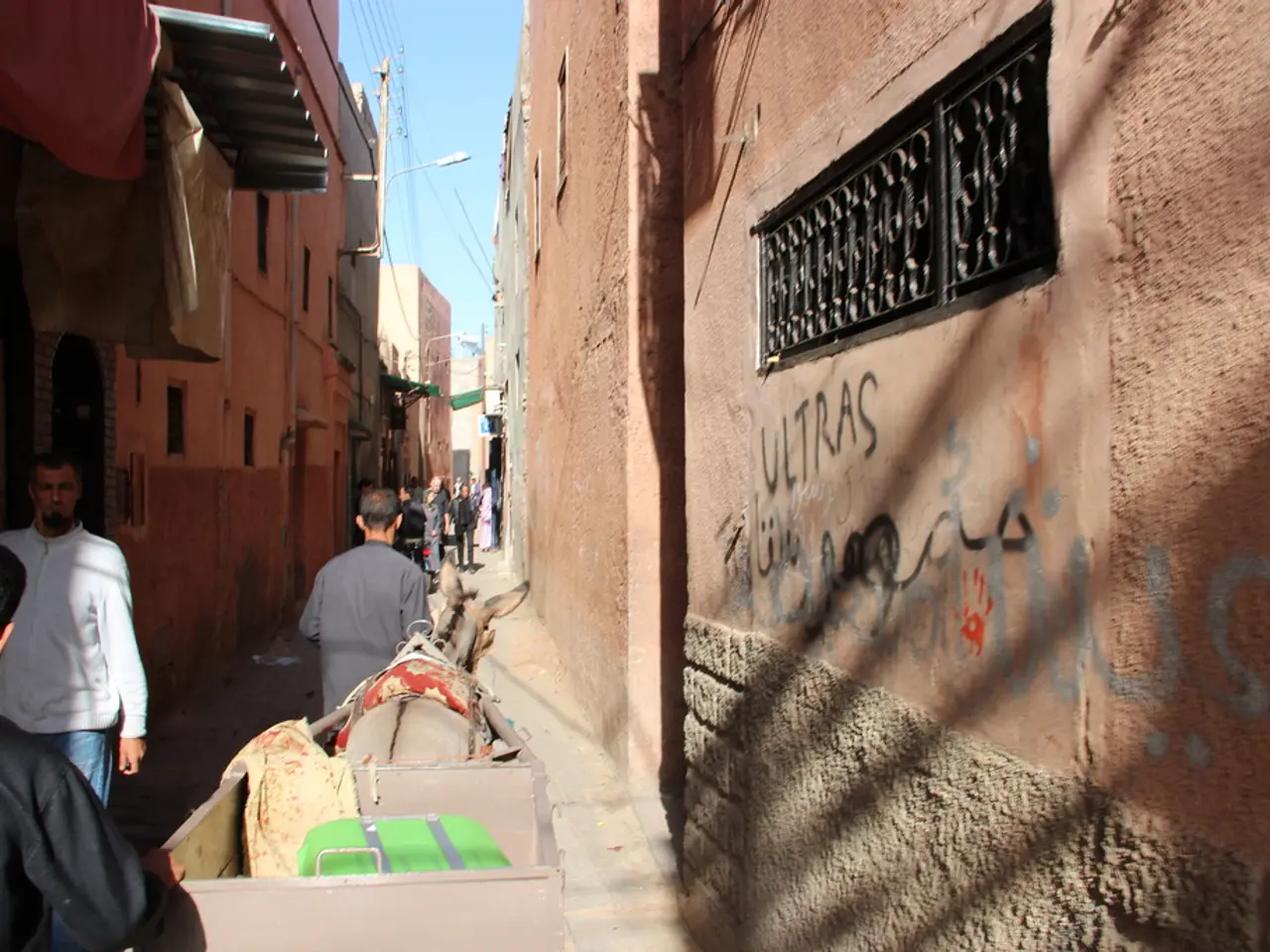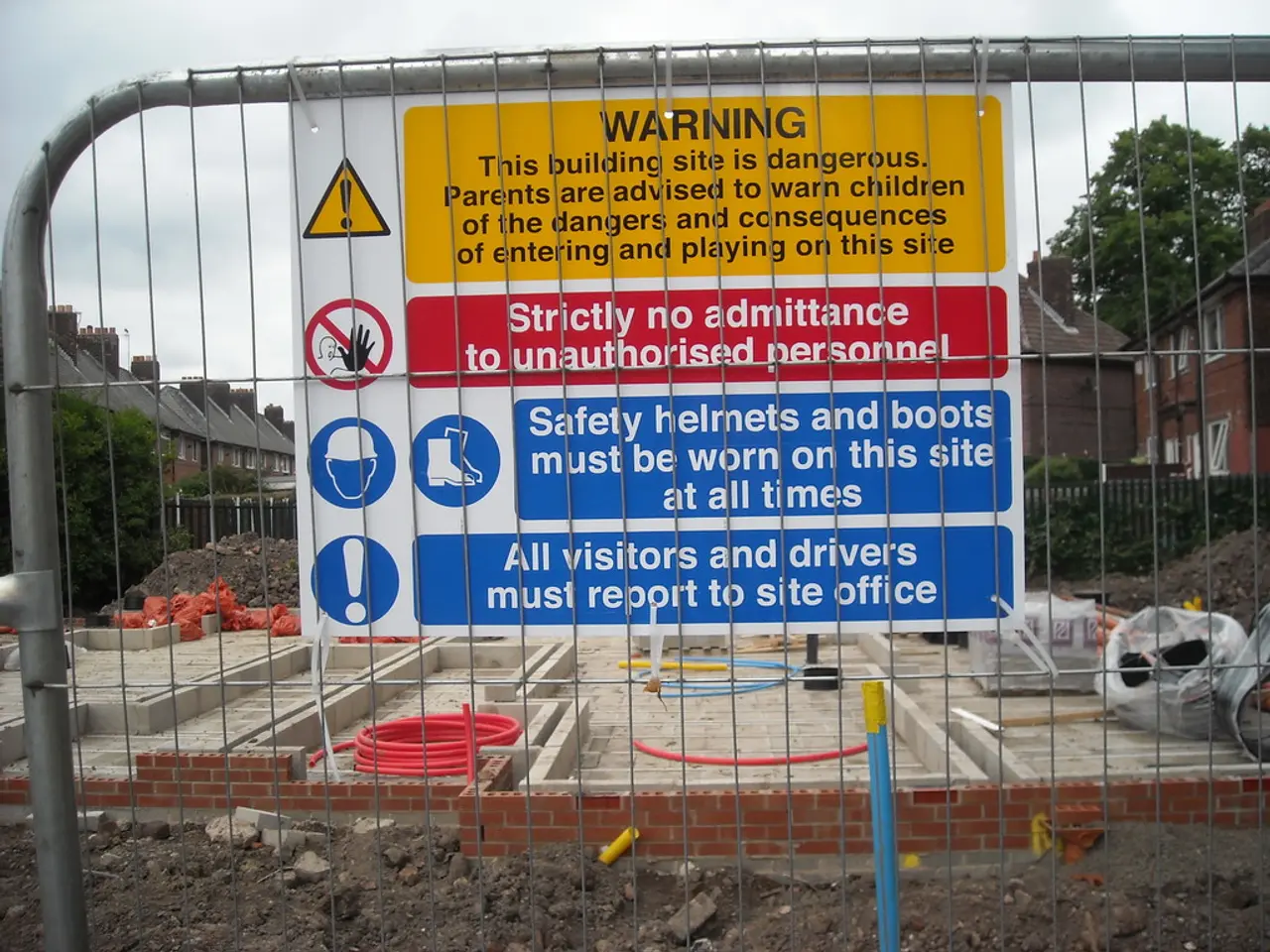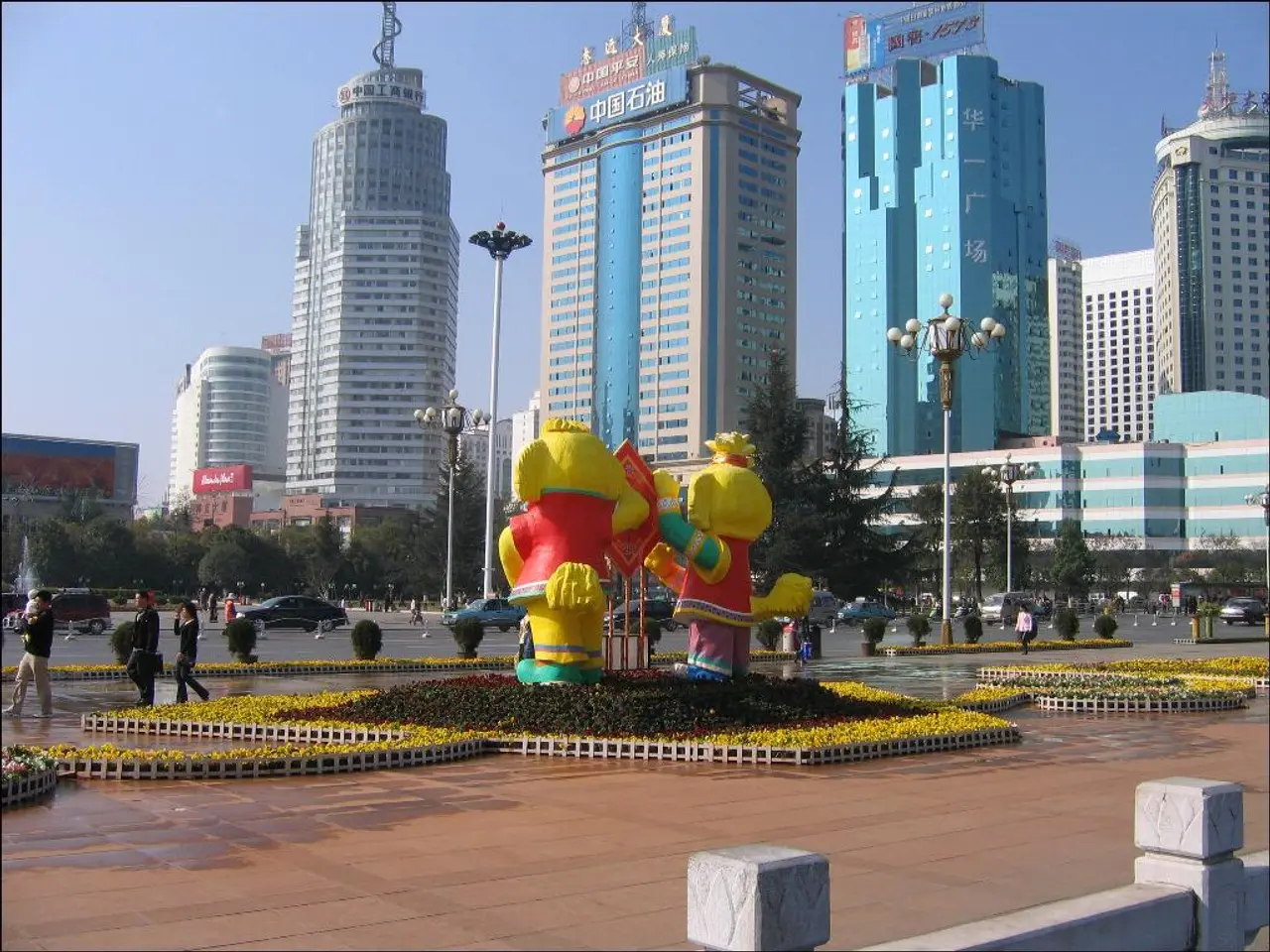U.S. sanctions against Palestinians considered by UN expert to be a breach of diplomatic immunity
In a dramatic turn of events, the United States has imposed sanctions on Francesca Albanese, the UN Special Rapporteur on the situation of human rights in the Palestinian territories occupied since 1967. The sanctions, announced by U.S. Secretary of State Marco Rubio in early July 2025, have sparked widespread condemnation and concern within the international community.
As an independent, UN-appointed expert, Albanese does not speak on behalf of the United Nations. However, her latest damning report denounces companies, many of them American, profiting from the Israeli economy of illegal occupation, apartheid, and genocide in the occupied Palestinian territories. This move marks the first time a UN Special Rapporteur has faced sanctions by a UN member state for fulfilling their official mandate.
The sanctions have been criticised as undermining the independence of UN mechanisms and the broader international human rights system. Special Rapporteurs are granted functional immunity under the 1946 Convention on the Privileges and Immunities of the United Nations when acting in their official capacity. The move has been labelled a "dangerous precedent" and could potentially discourage future experts from carrying out their work without fear of political retaliation.
The United Nations has urged the United States to reverse the sanctions, stating that such measures are "unacceptable" and undermine the independence and integrity of the UN’s human rights mechanisms. The UN Spokesperson, Stéphane Dujarric, emphasised the right of member states to disagree with expert reports, but stressed the importance of dialogue within the UN framework.
The International Commission of Jurists (ICJ) and Amnesty International have also condemned the sanctions, with the ICJ affirming that Special Rapporteurs enjoy immunity in the exercise of their functions and that the U.S. action contravenes international law. Amnesty Secretary General Agnès Callamard described the sanctions as a "disgraceful affront to international justice," accusing the U.S. government of seeking to intimidate and silence advocates for Palestinian rights.
The European Union has also spoken out against the sanctions facing UN Special Rapporteur Francesca Albanese. The situation underscores the challenges facing the global human rights system in an era of increasing unilateralism and politicization of international accountability mechanisms.
Albanese, who was in Bogota to attend an international summit initiated by leftist President Gustavo Petro to find solutions to the Gaza conflict, considers the sanctions a "very serious measure," "unprecedented," and a "warning to anyone who dares to defend international law and human rights, justice and freedom." She has faced harsh criticism for her long-standing accusations that Israel is committing "genocide" in Gaza. The war in Gaza was triggered on October 7, 2023, after Hamas militants killed 1,219 people in Israel and took hostages, according to an AFP tally based on official figures.
The Israeli response to Albanese's report was furious, and some of the companies mentioned in the report also raised objections. Washington has also slapped sanctions on four ICC judges, in part over the court's arrest warrant for Israeli Prime Minister Benjamin Netanyahu, barring them from the United States.
This unprecedented sanctioning of a UN Special Rapporteur represents a significant escalation in tensions between the United States and international human rights institutions. The move has been met with widespread condemnation from the UN, legal experts, and human rights organizations, who warn that it threatens the rule-based international order and the independence of UN experts.
The sanctions imposed on UN Special Rapporteur Francesca Albanese by the United States could potentially discourage future experts from carrying out their work without fear of political retaliation, as she is critical of the Israeli economy's illegal occupation, apartheid, and genocide in the Palestinian territories. The sanctions have been widely condemned as a "dangerous precedent" that undermines the independence of UN mechanisms and the broader international human rights system, sparking concern within the international community.





